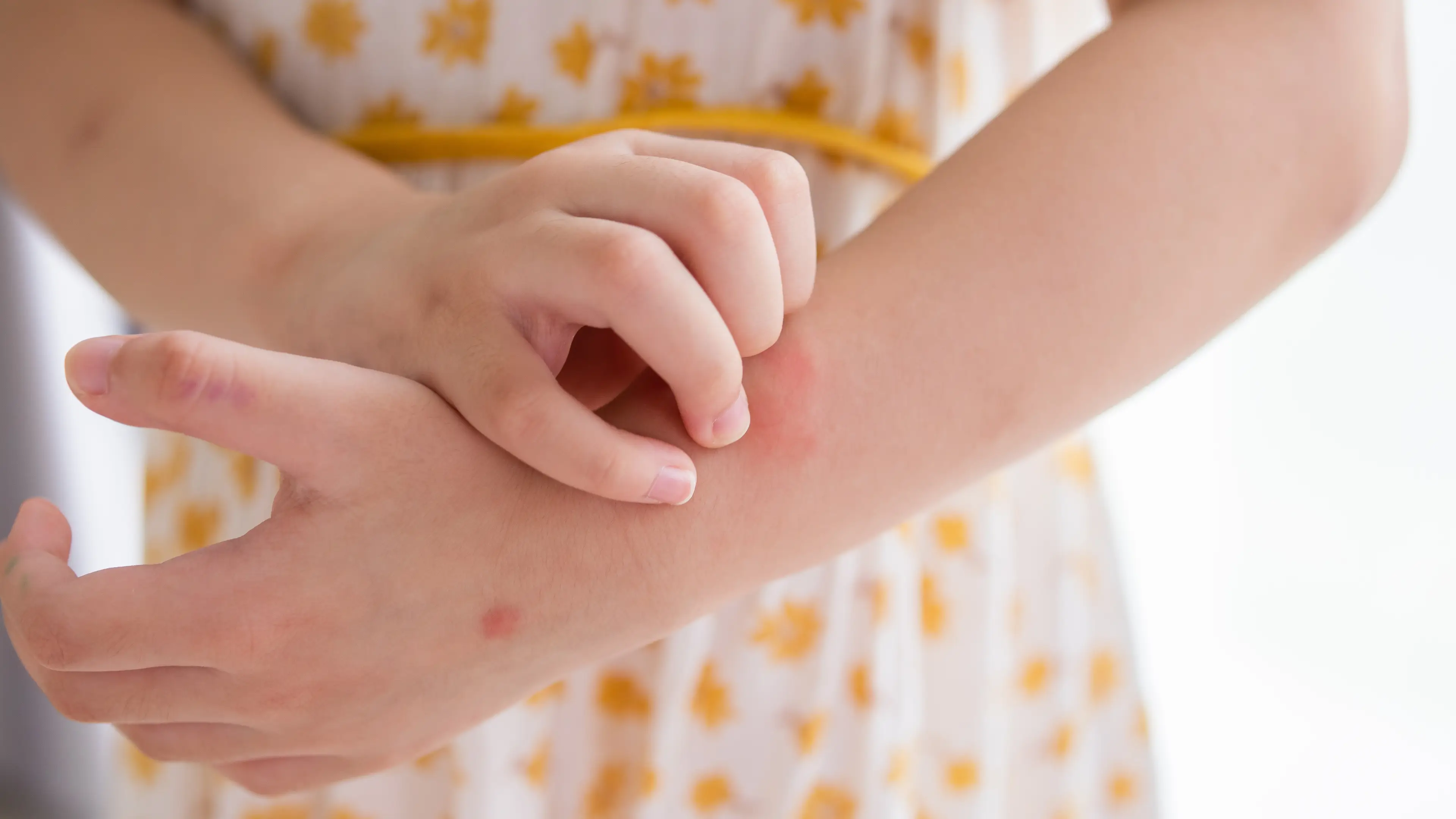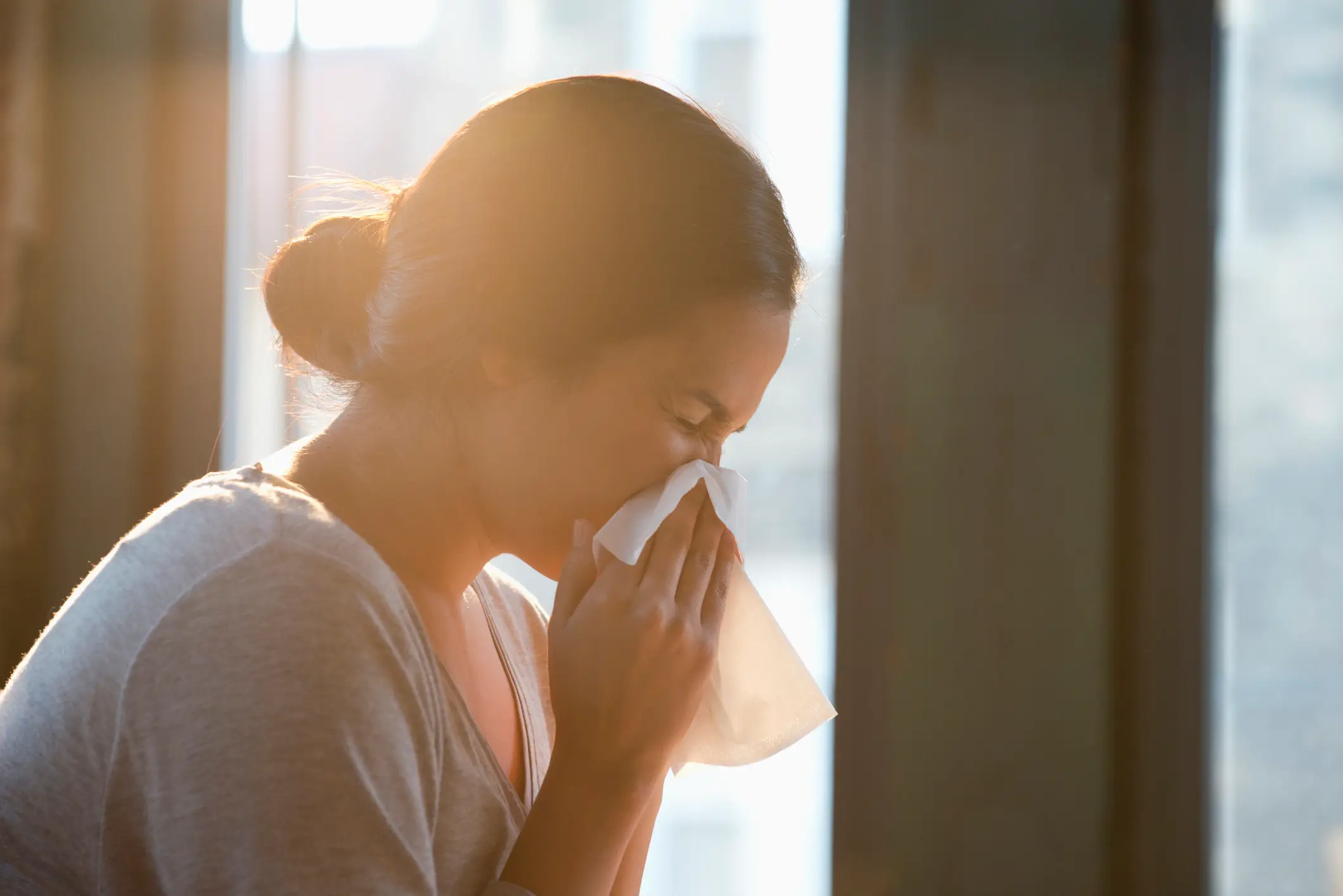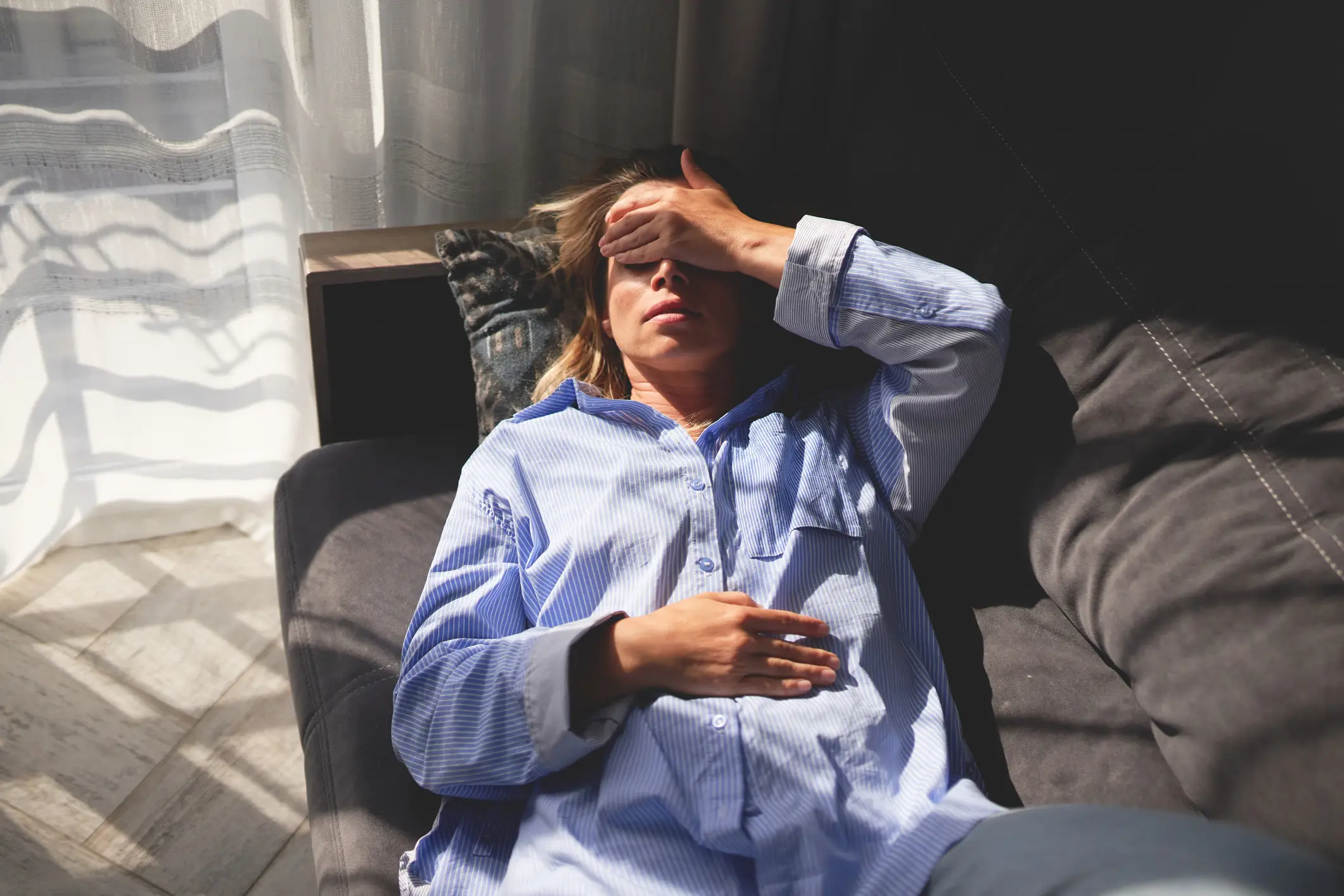
If you have ever felt strange after eating your favourite cheese spread and wine combo, then you might have this little-known condition.
It’s so easy to brush away odd symptoms that appear to be unrelated and all over the place, but it could actually be connected in a way you don’t expect.
When we think of food and intolerances, it usually comes in the form of an allergy to an ingredient like peanuts or soy, which can present as pretty quick and severe symptoms that can sometimes be life-threatening.
However, when you’re intolerant to something like histamines, generally known as the pollen in flowers, it can show up a little more subtly.
Advert
Histamine intolerance isn’t generally well known to the public, but for those who suffer from it, it changes their lives.

If you feel your energy, digestion and skin are suffering after eating your favourite foods, then it might be a cause for concern.
Histamine, a chemical messenger your body naturally produces, occurs when you’re exposed to pollen or pet hair. But histamine is also found in certain foods, like wine, smoked meat, aged cheese, and fermented foods.
According to the Cleveland Clinic, histamine issues are also often behind several other allergic conditions, like eczema, contact dermatitis, and allergic conjunctivitis.
When histamine is triggered in your body, usually it is broken down by an enzyme called DAO (diamine oxidase), but if you have gut issues, hormone shifts, or medications that don’t mesh well, histamine can build up in your system.
Once there’s a build-up, you can usually feel the intolerance symptoms, which can be very disorientating. And six symptoms may present themselves if you've got histamine intolerance.

What are the six signs of histamine intolerance?
Fatigue and a foggy head
You might mistake this for a carb crash after a delish meal, but it could be the histamine in your body impacting your nervous system.
Your nervous system takes care of everything major in your body, like your breathing, brain health, heart rate, digestive system and more.
Dizziness and blood pressure issues
If you feel dizzy after eating, it might be due to high histamine levels that disrupt your blood circulation, leading to either low or fluctuating blood pressure.
Headaches
A painful head could mean more than staring at a screen for too long.
If you find that your head is throbbing after eating, it could be because histamine expands blood vessels in a process called vasodilation, causing those painful bouts behind your skull.

Digestive woes
The most common symptoms of histamine intolerance include drama in your digestive tract. From bloating to acid reflux or even loose stools, it shows that your gut isn’t happy with processing the compound.
Rashes or itching
Hives or red patches could be a sign of histamine overload in your body. Cerascreen adds that histamine plays an important role in skin conditions like atopic dermatitis, which causes dry, itchy skin in areas like the elbows, knees, and hands.
Allergy-like reactions
Symptoms akin to an allergic reaction may also appear, like a runny nose, puffy eyes, or swelling of the face, eyes, or lips that comes and goes.
The severity of the symptoms greatly depends on the person, but what is known is that the over-50 age group in women (perimenopause or menopause) tend to see the worst parts of it.
Dr Christine Maren, a certified menopause provider, told The Tribune that it’s due to a hormone change, as she continues: "Progesterone helps stabilise histamine, and it’s the first hormone to dip during perimenopause.”
As your oestrogen and gut microbiome fluctuate throughout your life and cycle, your body may suddenly react to histamine foods when you were previously happy to munch on cheese all day.
How do you treat histamine intolerance?
If you suspect you might have this condition, then it is advised to go to a GP to get checked out. Allergy UK also recommends keeping a journal of what you are eating if you believe certain foods are triggering your symptoms.
But have no fear, there are things you can do, like a low-histamine diet.
If you eat whole foods and steer clear of aged cheese, wine, cured meats and even leftovers, you could see your symptoms get better.
Topics: Health, Food and Drink
